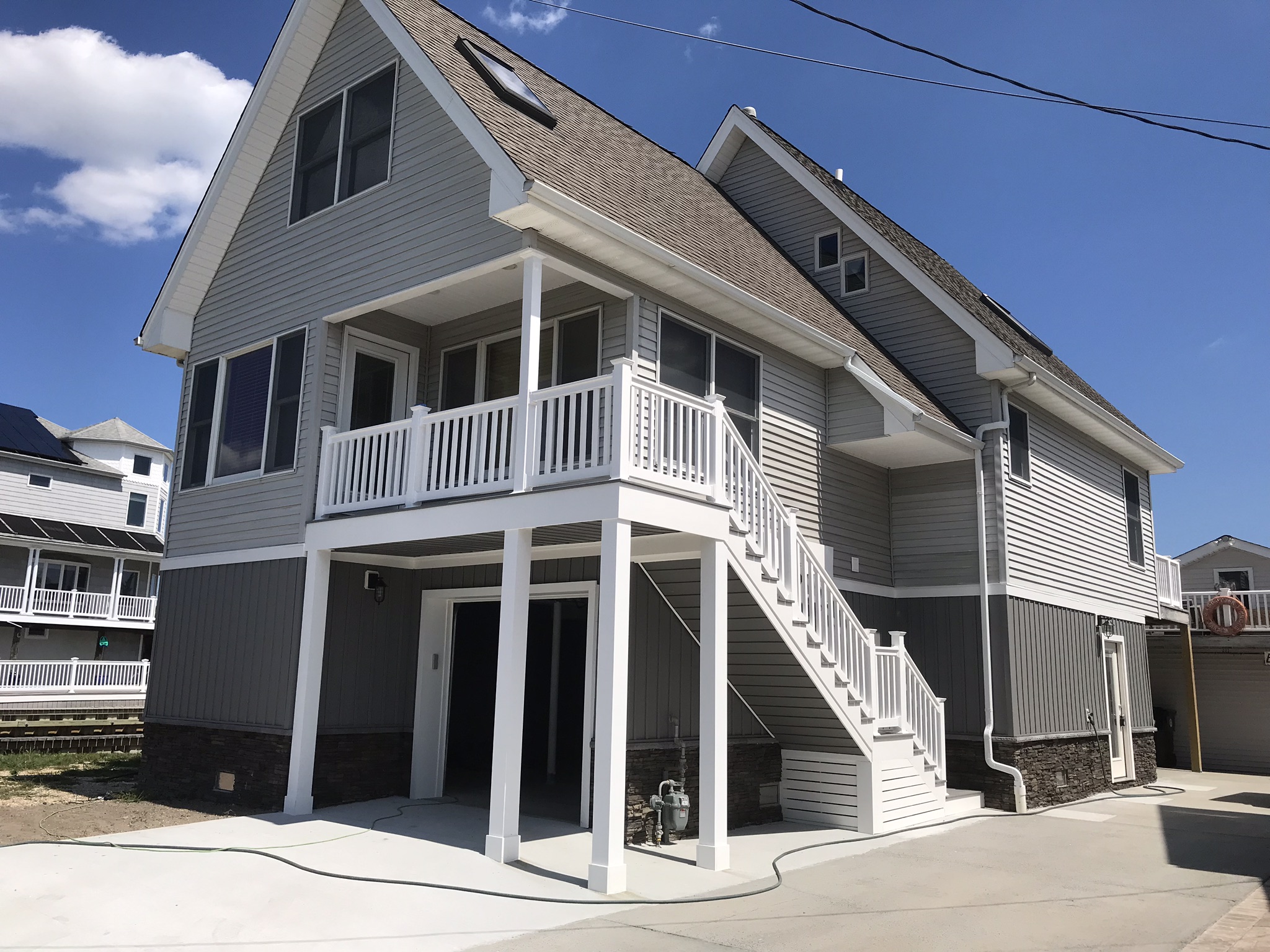For most people, choosing a contractor is one of the most stressful decisions in any new home build, renovation or house lift project. There are many stories of contractors taking people’s money, tearing their house apart and never coming back. This makes the relationship between the client and contractor tense and stressful at times as reputable contractors need to work against this perception.
There are, in fact, laws put in place to protect homeowners from deceptive and abusive practices, such as the Home Improvement Practices Act enacted in the state of NJ to protect homeowners from misrepresentation and fraud deception with home improvement contracts.
In addition, the NJ Home Improvement Contractor Registration Act requires all full and part-time contractors who engage in “home improvements” to annually register with the New Jersey Division of Consumer Affairs as a Home Improvement Contractor (HIC). This law provides remedies for consumers who are dissatisfied with a contractor and requires registered contractors to have all work covered by detailed written contracts.
The New Home Warranty and Builders’ Registration Act was also enacted to provide a broad scope for the warranty of a new home and standards for construction and quality of the structural elements and components of the home. Essentially, the law requires a builder to register with the State of New Jersey before starting construction of any new home and before offering a warranty on any new home bought and sold in the State. The law and regulations provide limited ten-year warranty coverage against defects of materials, workmanship, and systems in a new home. The law requires a builder to warrant each new home and to provide warranty follow up services: the builder is the warrantor of the home.
Something else to keep in mind is the distinction between a home improvement contractor and a new home builder. New home builders are subject to more stringent requirements than home improvement contractors and better understand the complexity of the entire scope of the project as it relates to the structural integrity of your home.
Mandalay Group, Inc. focuses on educating their Clients to ensure transparency and a better understanding of timeline, costs and potential unavoidable delays due to the permitting process and other factors. In the first few meetings, we spend a lot of time understanding your project scope as well as what is most important to you, the Client, so we can ensure success.
Here are some guidelines to consider when choosing a contractor in Ocean or Monmouth county:
- Licensing: Ask for copies of the contractor’s NJ licensing and insurance; double check on the NJ consumer affairs web site to ensure current registration.
- Does the contractor have education in the field? Ask how the contractor came to become a professional, his work experience and if they went to school for their craft. Make sure you ask a lot of questions. The owner of Mandalay Group Inc. has a degree in Civil/Environmental Engineering. Learn more about us.
- Ask for referrals and to speak with former Clients to understand what the process was like in working with the contractor
- Understand the contractor’s design aesthetic. Architects, by trade, are design professionals, however, all contractors have a design aesthetic they have a tendency to implement. This aesthetic will definitely affect a builder’s creative vision and material choice recommendations. If you see the contractor’s work on a few projects, it is important to look at some of the finer details and overall styling and to point out what you like, don’t like and what style you are ideally going for example, modern, farmhouse, coastal, classy/traditional, etc. If you see a contractor’s work and most of the work is extremely traditional, but you are looking for a super modern home, it might not be a good fit.
- Check out the contractor’s completed work. See some of our work.
- Review the contract carefully and do your research on what various terms mean that you may be unfamiliar with, for example the terms: allowance, definition of “fixtures”, does the contract include finishing work, cart-away of material, etc.
- Get a clear picture of what your responsibilities are as the Client vs. the contractor. This is where reviewing the contract in detail may come in handy, with both new home builds and improvement projects. It is important to understand the complete picture of the budget and where things are more likely to be adjusted during construction. Most contractors build in allowances for material choices, i.e. doors, cabinetry/millwork, counter tops, etc. as these choices are typically not made until after the bidding process. Make sure you understand what any allowance includes and how it was calculated.
- Is the contractor full-service? Meaning if something comes up during the project, does the contractor have the experience and staff to be able to resource allocate and problem solve? Ask the contractor specifically about the relationships he has with local architects, surveyors and engineers and who he/she typically work with. Reputable contractors will have a variety of positive relationships with these types of professionals and will gladly provide names and contact info for Clients to speak with them. Also- if your house requires lifting, hiring a house lifting company directly will then require you to hire another contractor to complete the project. The Mandalay Group is a turnkey home elevation contractor, meaning that we will handle your entire house lift project as well as all the other work that goes along with it.
- Ensure you are aware of who the contractor is hiring and who they have on staff to perform the work on your home. Mandalay Group Inc. has a variety of tradespeople on staff vs. subcontractors.
- Get a few bids so you can compare “apples to apples” between the contractors and fully interview the contractors in person. Prepare for these interviews beforehand by writing down specific questions so you are prepared and don’t forget anything.
- If you are building on the water or near the water, ensure the contractor has plenty of experience in dealing with the challenges in your area and flood zone. Building or renovating near the water has very specific challenges that not all contractors are familiar with. Dealing with all the issues and potential roadblocks that waterfront projects have requires your contractor and their team to have years of experience. Ask the contractor specifically about the waterfront and home lift projects they have completed.


